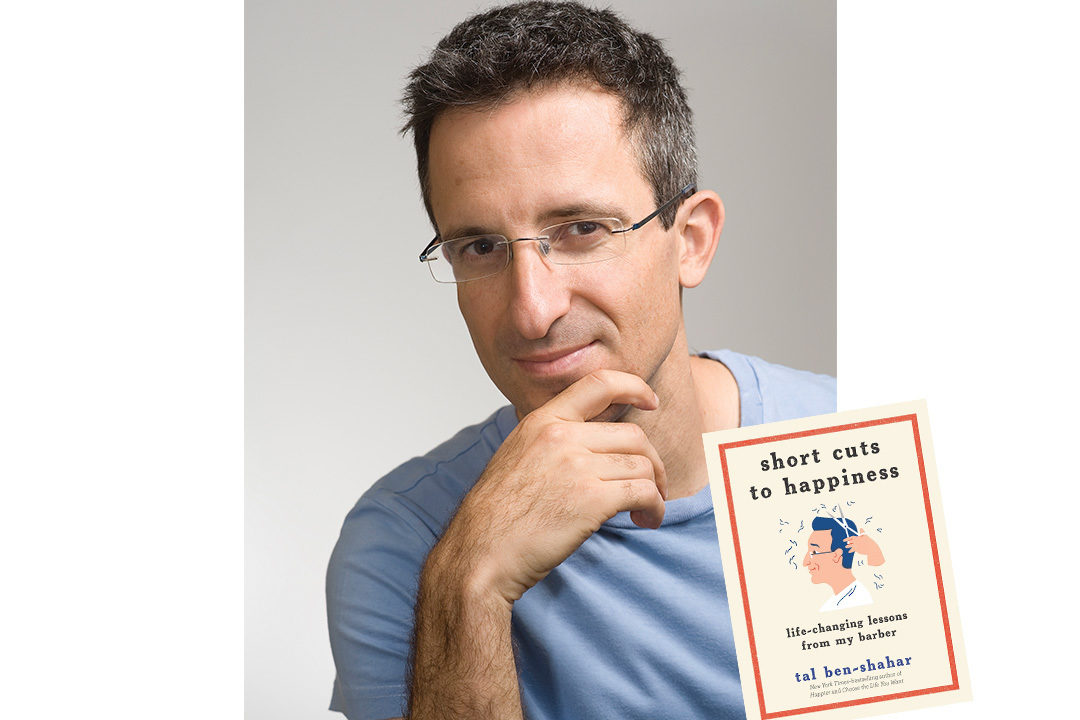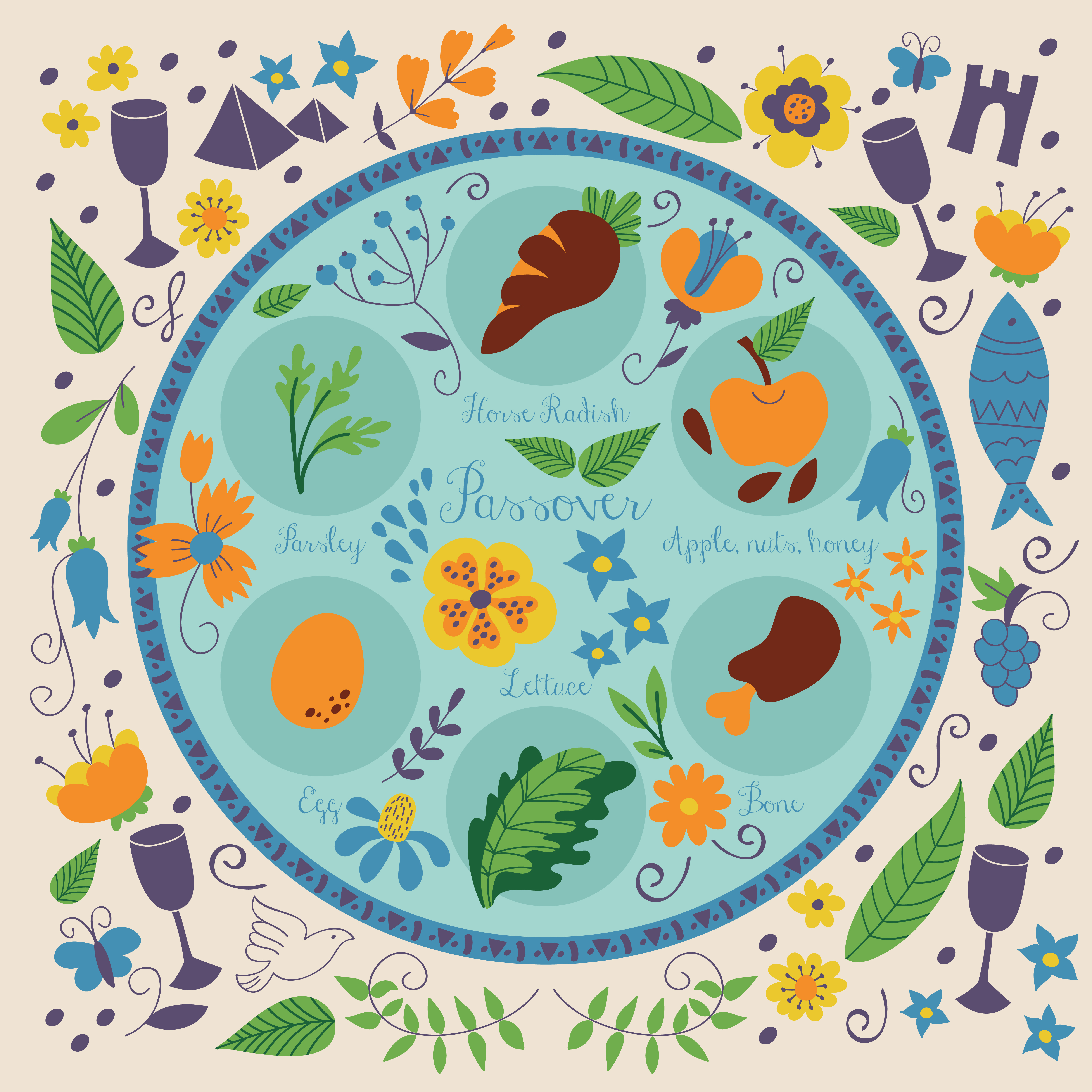The most common and effective psychological defense mechanisms triggered in times of trouble are wit and humor. The number of messages I receive daily that put a much-needed smile on my face has gone up exponentially as I try to keep up with troubling graphs on the spread of the virus. One of the more memorable witticisms that crossed my screen said, “Jewish irony: Passover cancelled because of a plague.”
Thankfully Passover is not cancelled, but the collision of a global plague with the holiday so closely associated with plagues is certainly symbolic—inviting us to evaluate, compare, and potentially learn an important lesson. It is the lesson Pharaoh failed to learn.
During the first plague, as Egypt’s waterways turned to blood, Pharaoh heeded Moses’ demand to “let my people go” and agreed to free the enslaved Israelites. The plague indeed ended, but soon after “Pharaoh’s heart was hardened” and he went back on his word, returning to the pre-plague status quo. Another plague was unleashed—this time of frogs flooding the land of the Nile—and once again Pharaoh pledged to let the Israelites go. But again, when the plague ended Pharaoh’s heart hardened; he forgot the lesson and reneged on the promise. And so the pattern continued, all the way to the tenth and final plague, after which Pharaoh once again returned to his pre-plague mindset, this time paying with his life and the lives of his soldiers as he pursued the fleeing slaves.
Whether the plague that is currently upon us was inflicted by God, Nature, or misfortune, there are certainly lessons that we can learn from it. And we are learning. Social media is flooded with important insights that have emerged from our collective pain: appreciate life rather than taking things for granted, cultivate quality experiences rather than quantities of goods, respect Mother Earth and your co-inhabitants, slow down and simplify, show kindness and compassion, and so on.
These are undoubtedly important insights. But will they last, or will our hearts be hardened once the plague has passed? Research in psychology as well as past experience suggest that we’re in danger of following in Pharaoh’s footsteps. Right after 9/11, a number of my fellow psychologists researched changes in people’s behaviors, and not surprisingly found a significant spike in traits such as compassion, empathy, generosity and benevolence—especially among those living in areas directly impacted by the terrorists’ actions. New Yorkers, usually known for their thick-skinned hardness, became a great deal softer, gentler, kinder. Yet within a few months, New York and New Yorkers were back to business as usual—those who were kind before the tragedy were kind after, while those who were unkind returned to their old ways. Hearts again were hardened.
What can we do to collectively learn and grow and emerge better from this harrowing Coronavirus experience? Whether we’re religious or secular, there’s a lesson to be learned from the ritual of celebrating holidays, be it in Judaism or other religions. The purpose of holidays is often to remind the community of an important event associated with important values. Passover reminds Jews of their escape from Egypt and the value of freedom. Christmas reminds Christians of the birth of Jesus and the value of compassion. Eid al-Fitr reminds Muslims of Muhammad’s return to Medina and the value of charity. The purpose of prayer, on holidays or any day, is similarly to remind us of values the religion deems important. Why the constant reminders? Because without them we tend to forget and revert—forget values that matter, and revert to old unhealthy ways. Passover is celebrated year after year, generation after generation, so that we do not forget, do not revert to ingratitude, and do not take freedom for granted.
I’m not suggesting that we decree a national or global Corona Day; we have enough holidays as is and most of us want to get back to work. But I do suggest that personally and collectively we create a narrative that we can tell ourselves, our children, and our children’s children—so that once we’re back to business as usual we don’t go back to values as usual. We can and ought to do better.
Another message that made its rounds on social media starts with “My Beloved Corona” and then proceeds to express gratitude for reminding us to slow down, appreciate our interdependence, and so on. The long letter of endearment ends with the following words: “Thank you my beloved Corona for coming into our lives and teaching us such important lessons. We got the message. Now you can leave.”
Will the message of our “Beloved” Corona still be with us tomorrow? Will this moment’s pain endow us with a lasting treasure? Or will we fail to learn after ten, or even nineteen, plagues? My hope is that this plague, which is the first most of us are experiencing, be also the last. And my hope is that the lessons we learn from this plague last way beyond next year as we freely walk the streets of Jerusalem or New York or Wuhan.
* * *
Tal Ben-Shahar teaches psychology at Columbia University. He’s the bestselling author of Choose the Life You Want and The Joy of Leadership, and the cofounder of the Happiness Studies Academy and Potentialife.
Originally published in The New York Daily News.


